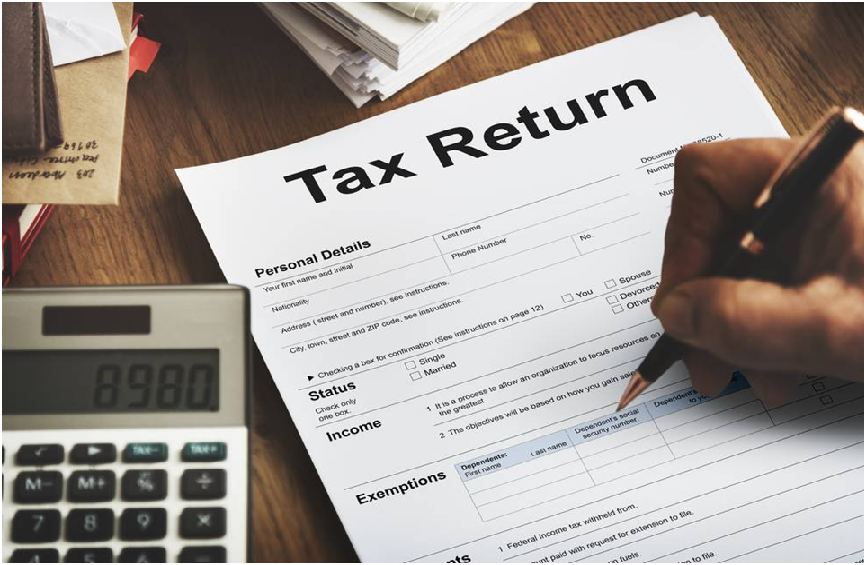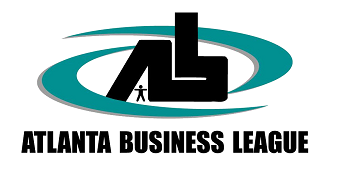Outlining Tax Returns In Australia: Companies Must Know!
The tax returns in Australia are generally due on the 31st of October for the year ending on the 30th of June in the same year. From July 1-September 30 is when the financial year runs. Also, extensions to the due date will be available, especially when tax returns are to be submitted through a tax agent.

A company tax return may be submitted electronically or posted with the use of tax software. The Australian taxation system is perceived to be quite complex, and the view is supported by close to 80% of the use of a tax agent assisting with the tax return preparation. Australian businesses may require to pay taxes to all local levels, federal, and state governments.
What Australian taxes are used for
For those wondering where do Australian taxes go, for your information, it is used for paying public delivery services, such as:
- Public hospital system
- Roads
An Australian tax is defined as stringent reporting requirements related to tax returns in Australia. The tax returns required to submit are to be determined according to the operating conditions and business structure. The outline here considers the following:
- Sole traders
- Partnerships
- Trusts
- Companies
Also, it touches on the issue of fringe benefits tax.
The income tax
An income tax is imposed by the state or federal government in Australia and is consistent with all states. It is not always been the case. Before World War II, income tax was imposed by several federal or state governments. It is the most essential tax providing the biggest contribution to public revenue. A business should lodge a company tax return.
The company’s income tax is different from the personal income tax, in which you need to lodge a personal return. The return shows the company’s net income, the amount of income reduced allowed deductions. A corporate income tax rate will be fixed at 30% of the net taxable income at a similar level to the other states.
You may compare this to the 16% of Hungary and 19% of the Slovak Republic and some other end of the scale. Spain has a corporate tax rate of 35%.
A Trust should lodge a Trust tax return to specify the income lower expenses and deductions. The Trust beneficiaries must report any benefit or income received from the trust. It includes any assessable income, such as:
- salary
- wages
- dividends
- rental income
A partnership should lodge a partnership tax return. A return should show the net income, which will be calculated by deducting expenses and other deductions from the gross income. Every partner should report the share of partnerships:
- net income
- salary
- wage
- dividends
- rental income
The sole trader operates the business in the owner’s name. The taxable loss or income is reported in the individual return and any other income in the form of:
- salary and wages
- dividends and rental income
- minus any deductions
Both sole trader and partnership tax return effectively report the income individually than on a corporate entity.



